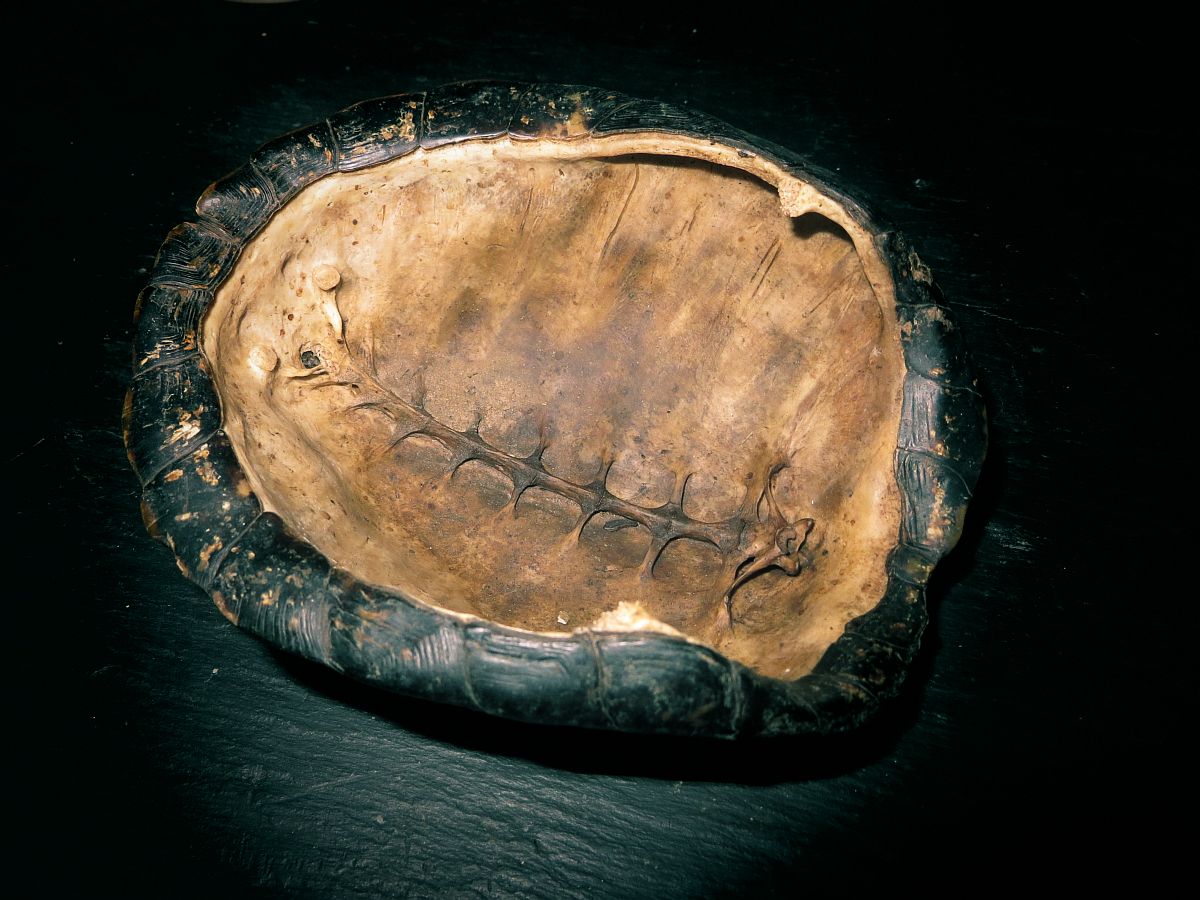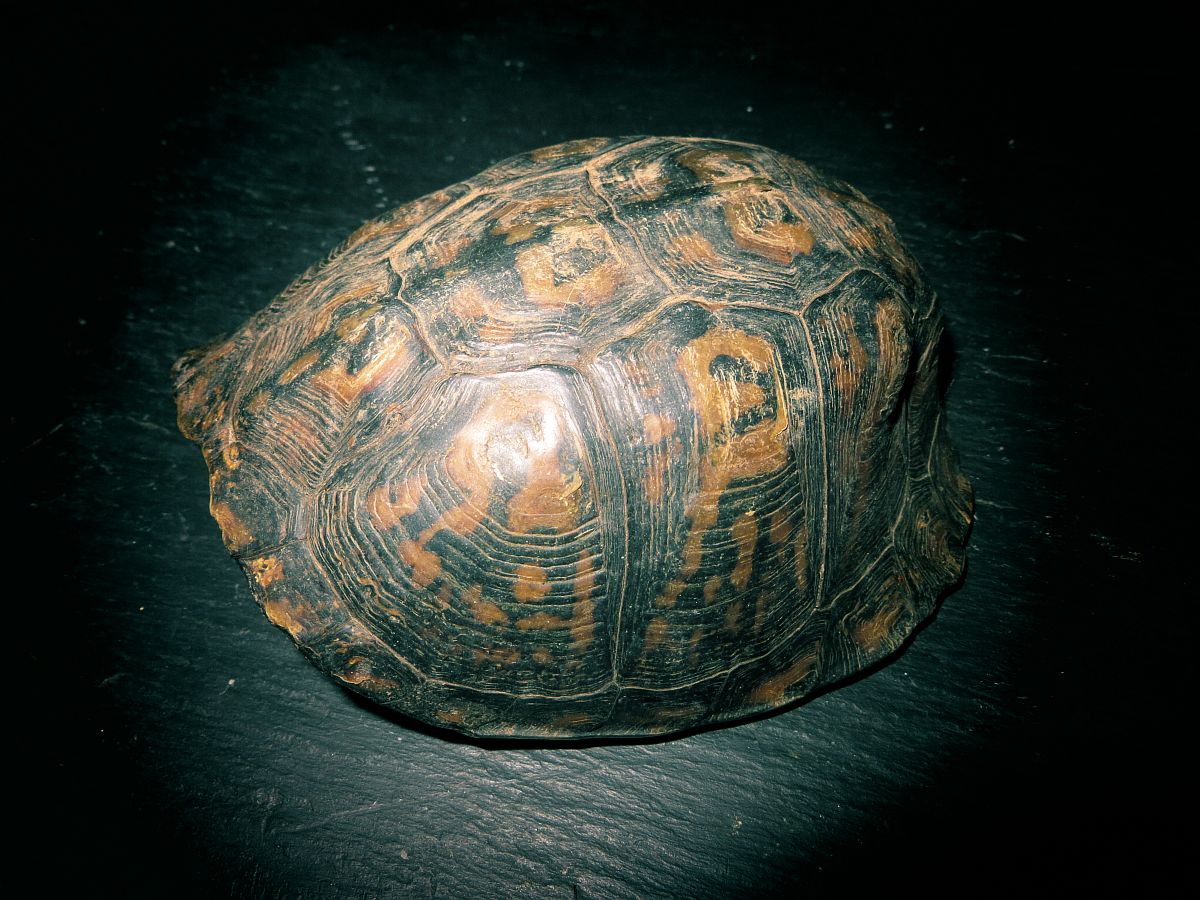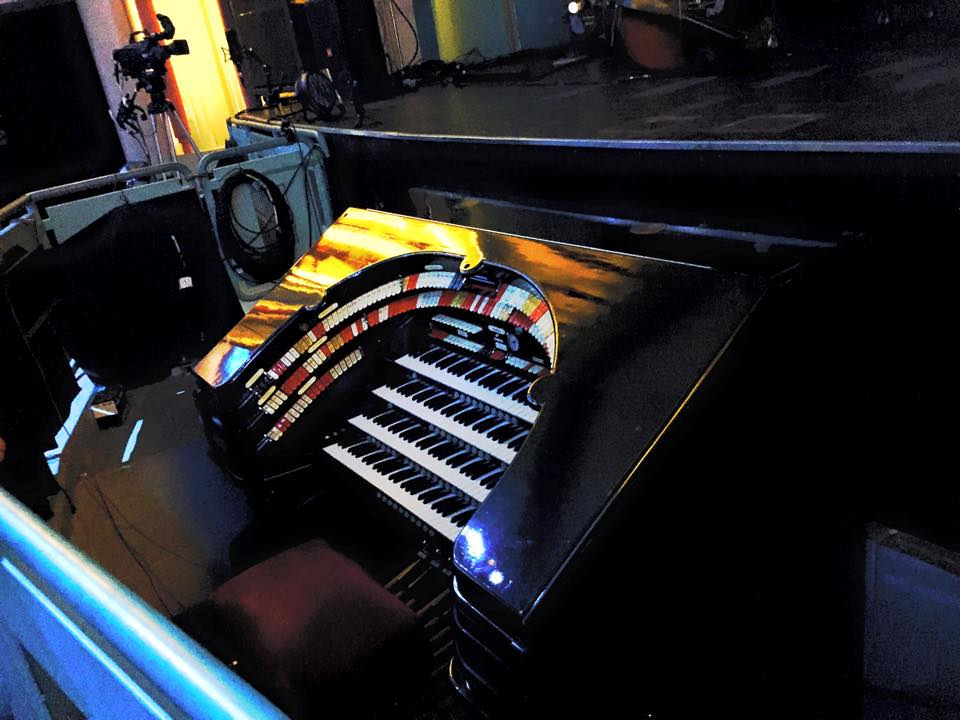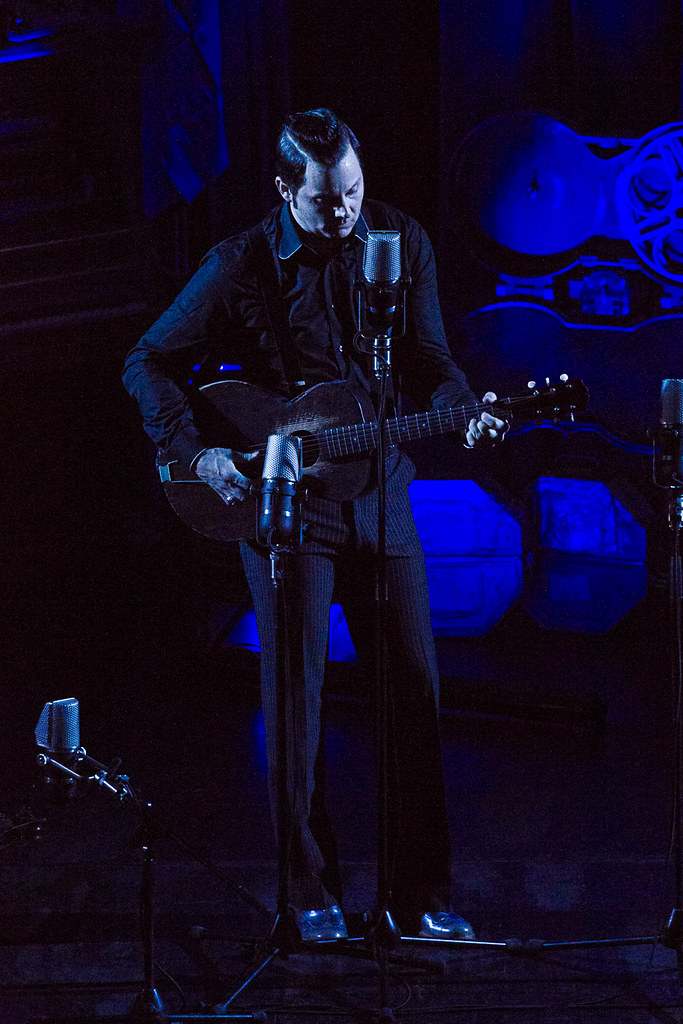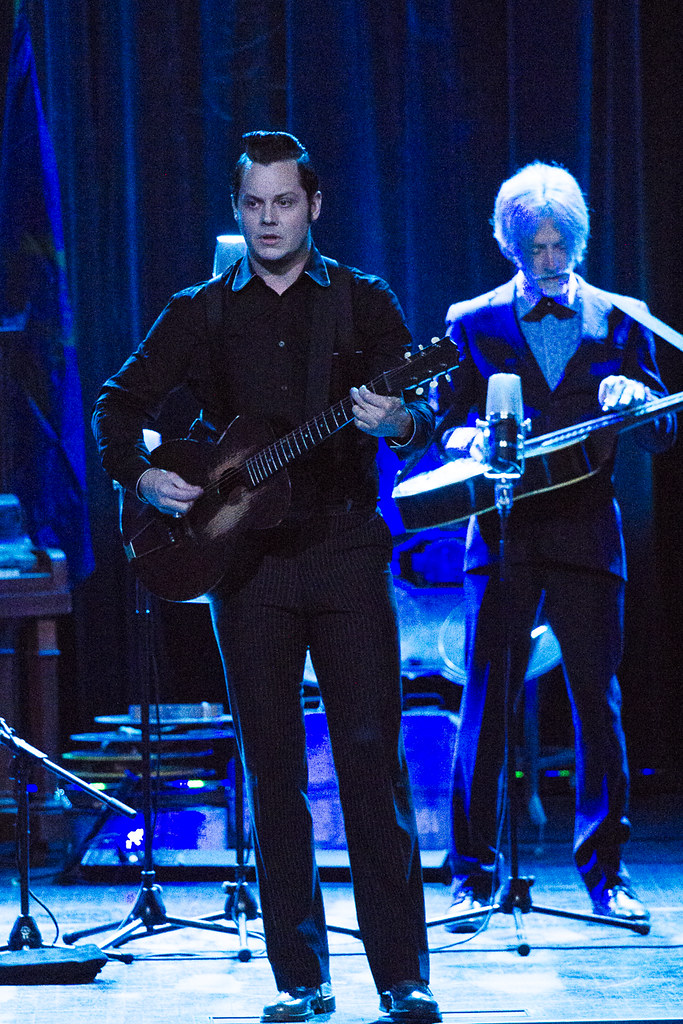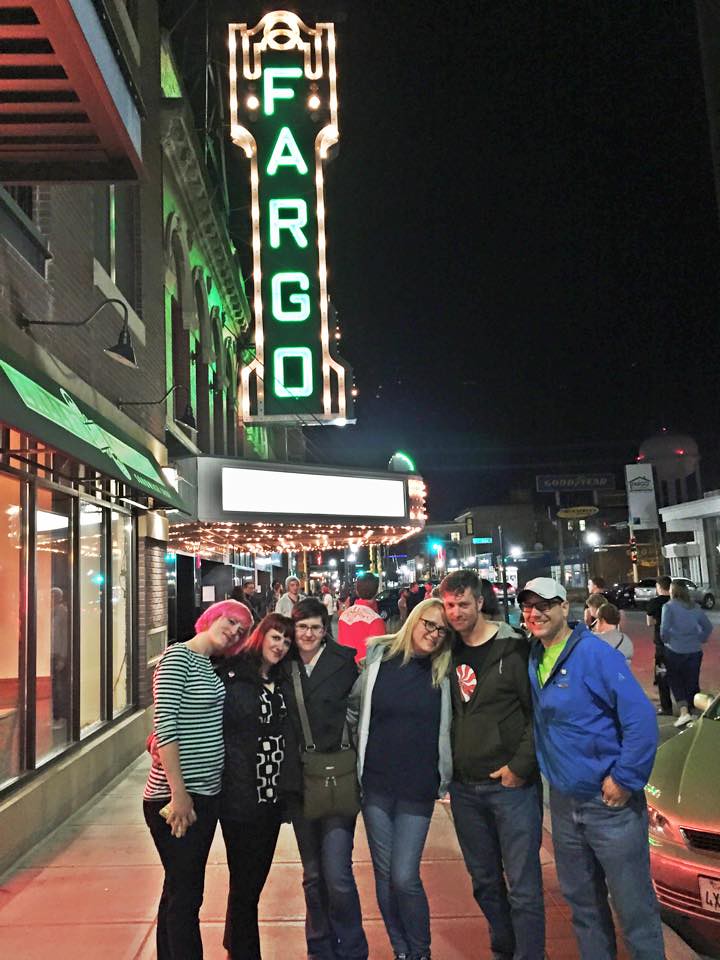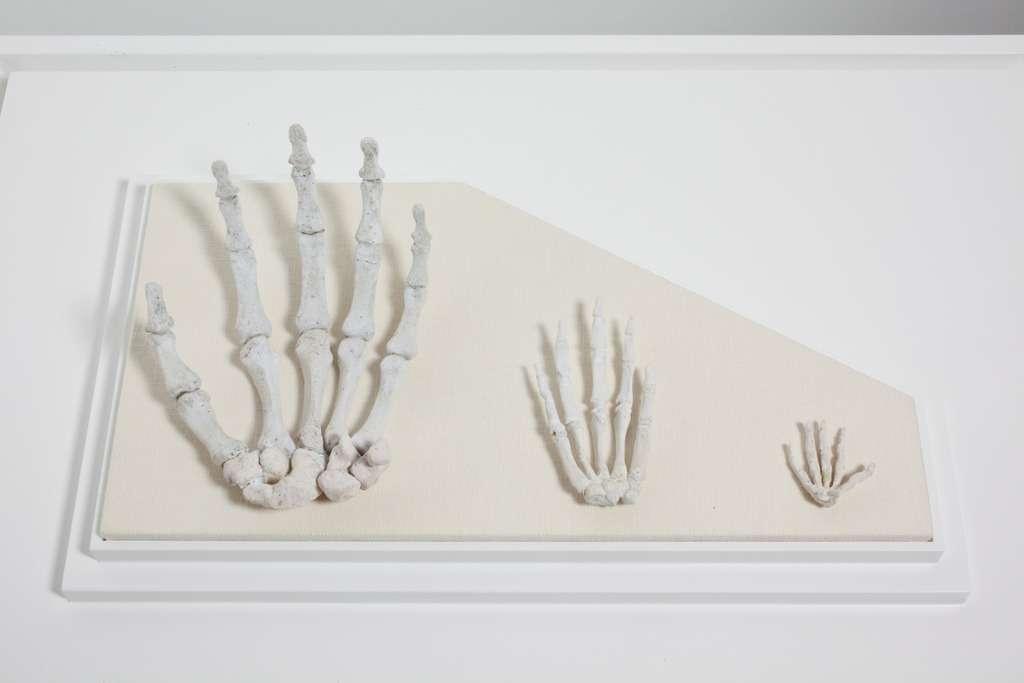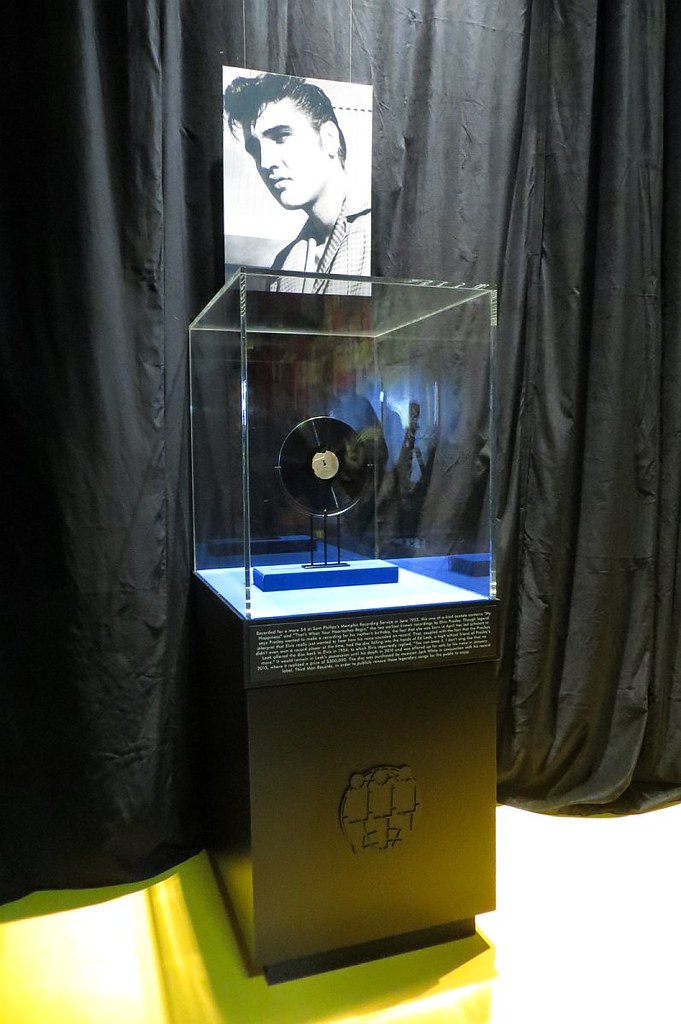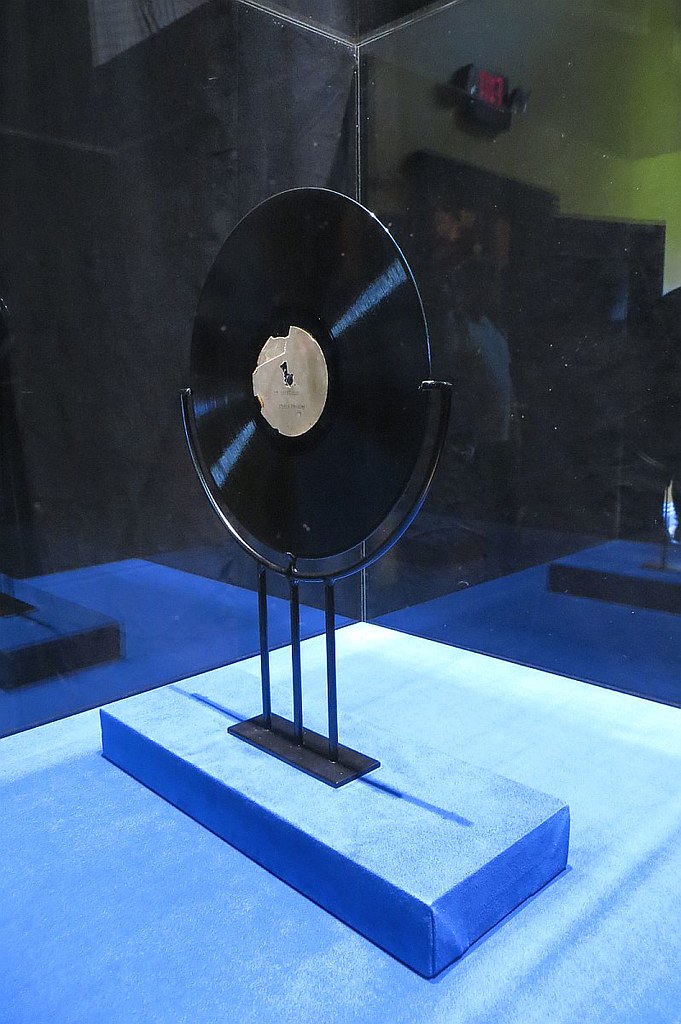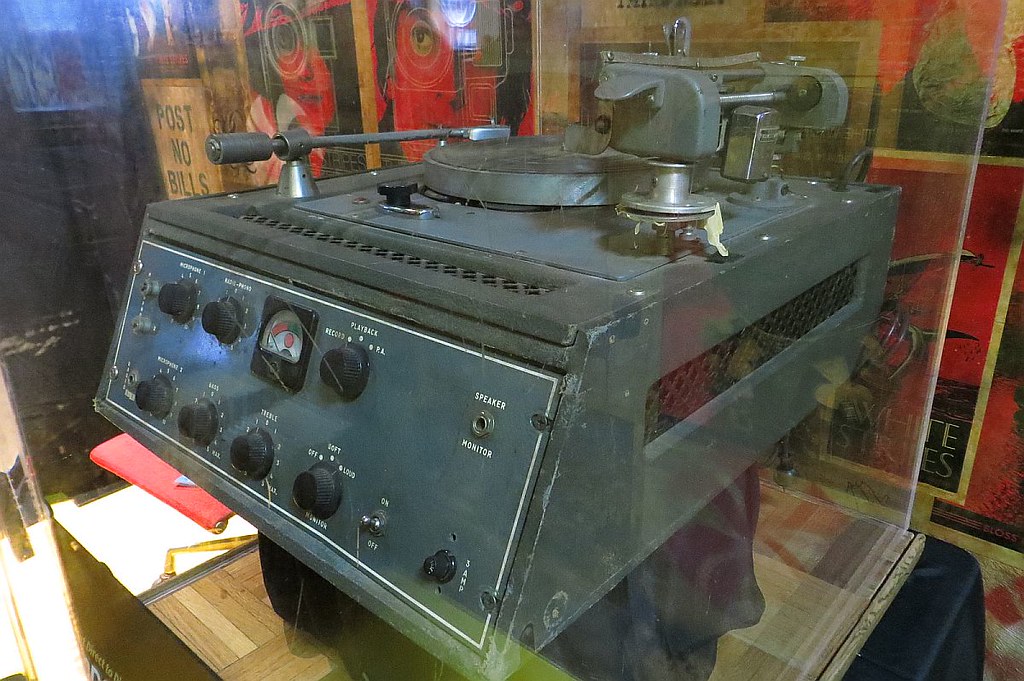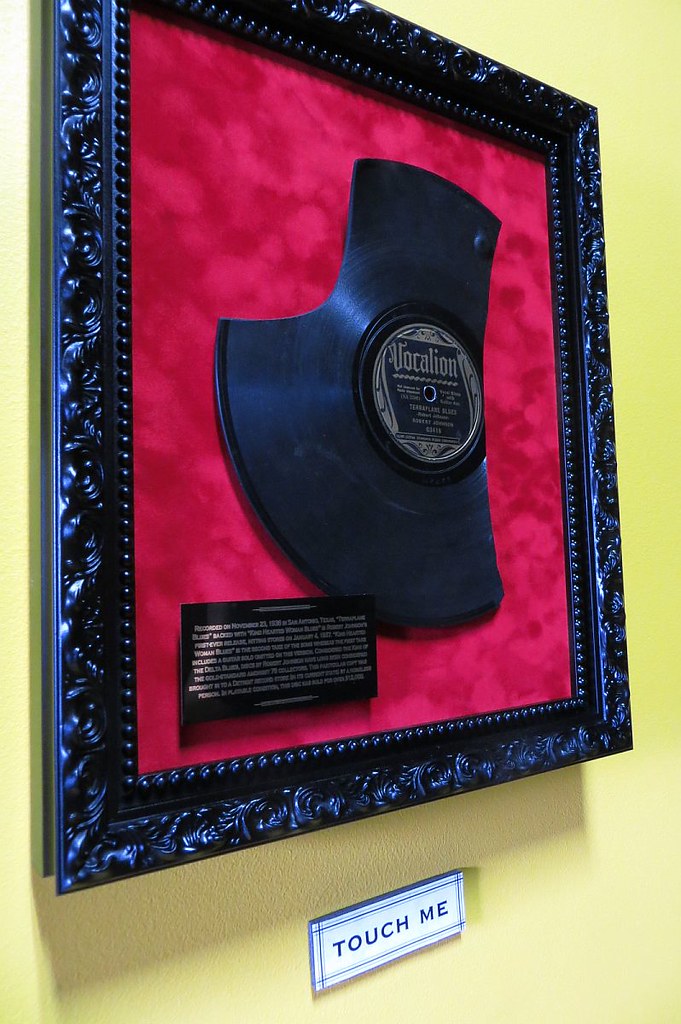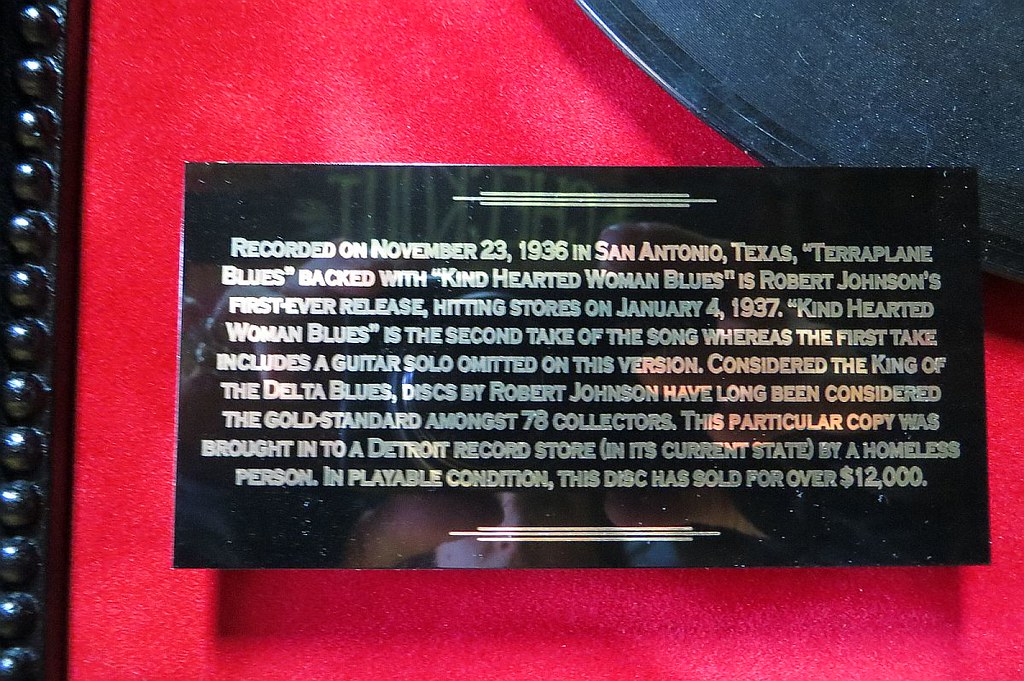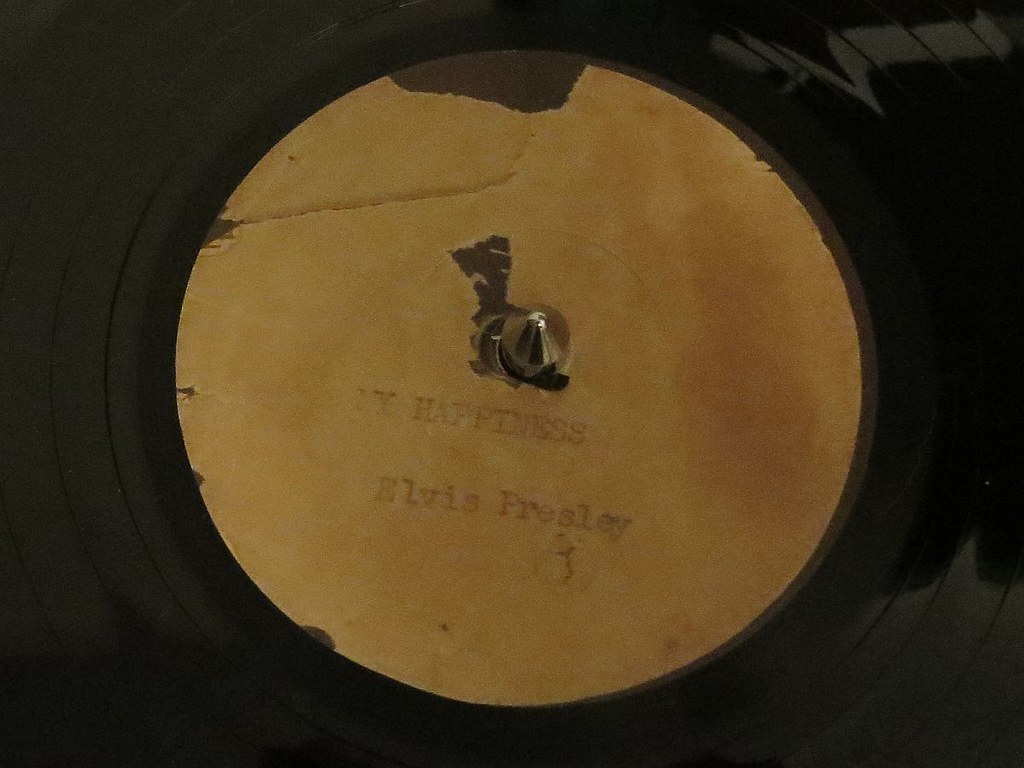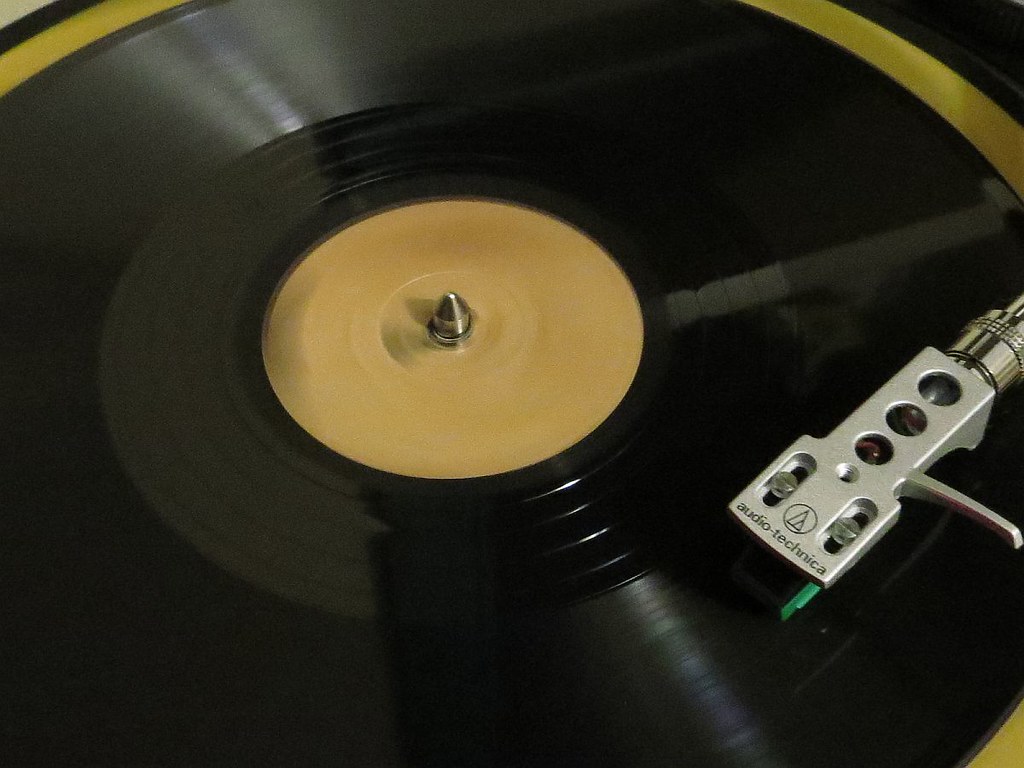| Image borrowed from Dust & Grooves |
Joe's well known in a small, somewhat esoteric circle of music historians, record collectors, lovers of old-time music. The Dust and Grooves article linked below the photo above is where I first heard of him. I was tickled by the fact that he lived so nearby, but figured I'd never meet him. I learned more about him and that incredible room in his basement when I read Amanda Petrusich's Do Not Sell At Any Price, an essential read for anyone interested in the history of American music, but still figured I'd never run into him on the streets of downtown Frederick. And then one of my favorite local record shops posted on Facebook that they were going to host a release party for The Year of Jubilo, a new cd compilation of Civil War songs culled by Joe from his collection. Hot damn, I could meet the man. When I did, he got a kick out of the way I bopped around to the live music provided by The Capitol Hillbillies and said "You should come up sometime and I'll play you some records!" You have no idea how excited that invitation left me. A week or two later, after an e-mail exchange and a phone call, I was on my way to Joe's house on a wet, chilly Saturday morning.
I tried to take notes of the records he played for me during the three and a half hours I was there, but I didn't want to talk while the music was playing and when each song ended, he was either flipping the record in a flash or slipping it in its sleeve and jumping up to comb the shelves for another one faster than I could write. I ended up with a piece of paper full of scribbles down the middle and around the edges and feel like I didn't write down even half of what I heard. Joe started with 20s jazz, then into jug band, harmonica music, country blues, then he sat down on his couch and played me a bit of screwdriver slide guitar (beautifully, too), and then went back to the records with a dive into 40s and 50s country. And then I had to get on the road, but not before he played a couple of wax cylinder records and some Edison diamond discs on a windup player.
My education in this sort of music began a couple of years ago with the two volume set, The Rise and Fall of Paramount Records, from Revenant Records and Third Man Records. They're a fantastic start to studying American music history, with 1,600 songs and a couple of books thick with information, like four years of high school devoted entirely to the vast catalogue of music released by Paramount. Stepping into Joe's basement and having him play dj for you is like graduating and going off to college. There are so many directions to go in, so many connections to make, and he's a challenging professor to keep up with. On this first morning, the first lesson I came away with had to do with jug bands.
If you're like me, the idea of a jug band most likely initially summons up an image of Appalachia and hillbilly music. And yet, like so much of American music, jug music originated with African-American musicians in urban environments. Which explains the surprising diversity of jug music, as African-American players of that era were apparently rarely as conscious of genre as the historians who've come along since to classify them. They just played, using whatever instruments were at hand or creating new ones from whatever was lying around. As a result, the jug became a bridge between styles, providing a bass line for pretty much any combination of instruments you could think of. Pair it up with a clarinet and piano, and you've got sophisticated, swinging jazz. With a guitar and maybe a harmonica, you could create deeply mournful blues. Throw in a fiddle and there's the Appalachian tone that I think most people would associate with it. And it can be incredibly subtle-- On at least one song, I didn't even realize what I was listening to was a jug rather than a stand-up bass until I heard the musician's breath.
Some highlights of jug music and a few other things Joe played for me that I was able to find on YouTube--
Lordie, that harmonica... And to close it out, a tune used in a documentary about Joe--
And, holy heck, look at the lone speaker there in the corner that Joe plays his music through. Filled that room like nothing I've heard before.
| Image borrowed from this person's tale of his own Joe experience |
Needless to say, there will be as many more lessons as Joe's willing to give me. Soon as I can get a free weekend to head back down into that basement.
